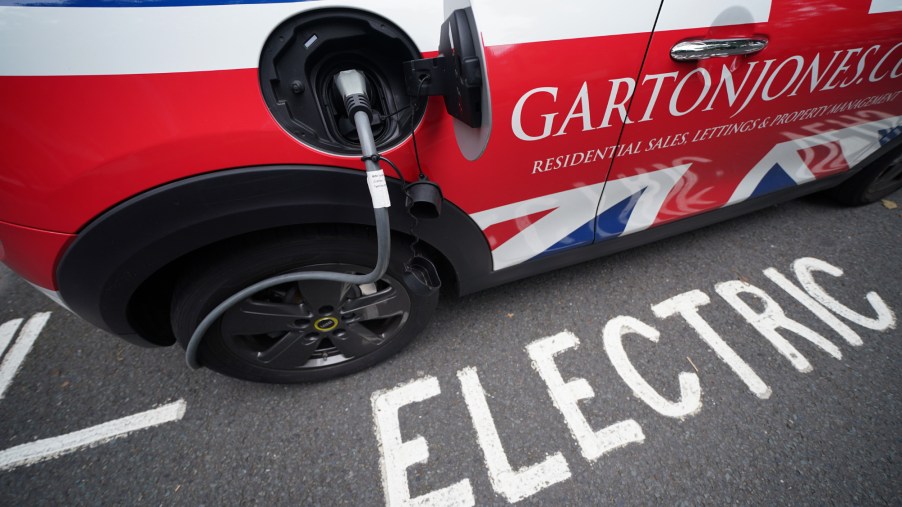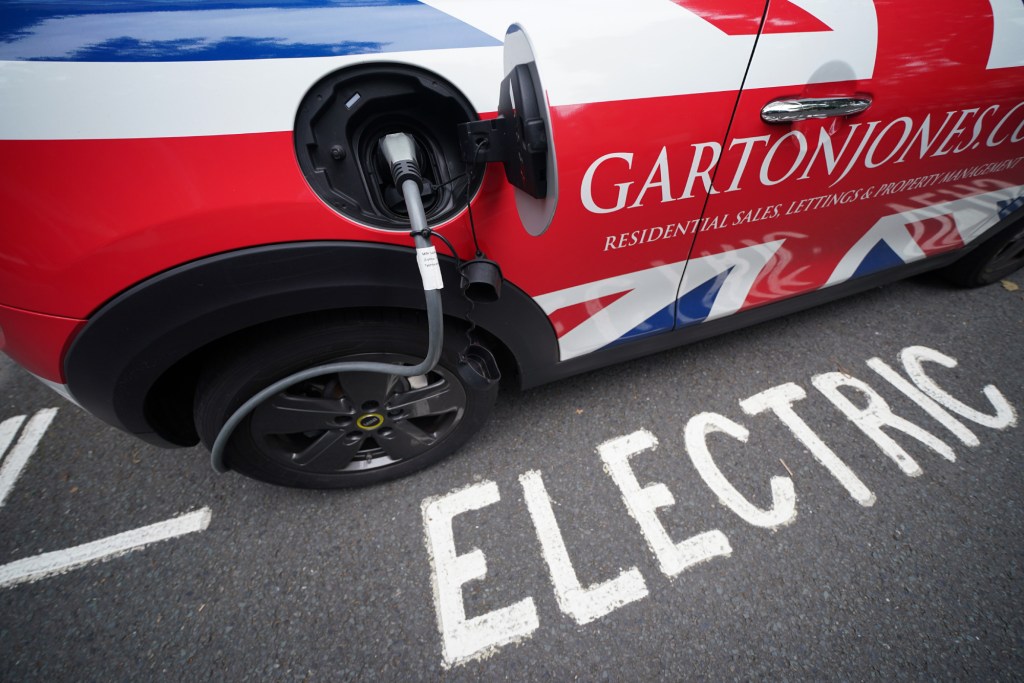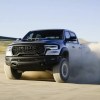
Is the $12,500 Electric Vehicle Tax Incentive Enough for You to Switch?
The new Clean Energy for America Act is a new bill aimed at getting people into electric vehicles. The electric vehicle tax incentives have a lot of stipulations, though. Many popular electric vehicles will not qualify for the entire $12,500, but some will. This electric vehicle bill is different from the $7,500 federal tax credit in a few ways and doesn’t just apply to EVs. Which brands are excluded, and which ones will not qualify?
The electric vehicle tax incentive has a lot of positives

The Clean Energy for America Act (Senate Bill 1298) proposes a whopping $12,000 tax credit if buyers meet all of the criteria. Forbes points out that many other energy-related items are in the bill, not just the ones below for EVs. The newest electric vehicle tax incentive starts with a $7,500 base credit for new cars. There is another $2,500 incentive for vehicles made in the U.S.
Vehicles produced in a unionized manufacturing plant qualify for another $2,500. Unfortunately, that means Tesla is out for the second $2,500 as it is non-union. Another benefit is the removal of the 200,000 unit cap. It suggests that automakers do not phase the incentives out until electric vehicles account for around 50% of sales. That means that 50% of the light-duty vehicle sales are EVs.
More stipulations for the electric vehicle tax incentive
In addition to some of the other stipulations, vehicles over $80,000 would not qualify. That means cars like the Tesla Model S Plaid, GMC Hummer, and Porsche Taycan would not be eligible. Most electric vehicles would be eligible for the $7,500 tax credit. Cars made in Mexico like the Ford Mustang Mach-E would not qualify for the entire $12,500.
GM has reported that the company plans on building EVs in Mexico, which would jeopardize the vehicles meeting the base credit eligibility. “Only plug-ins built by Ford, General Motors, and Stelllantis (the former Fiat Chrysler) at their plants in the U.S. would qualify for the highest amounts,” Forbes noted.
In conclusion, no EV or Plug-in hybrid electric vehicles (PHEV) from Toyota, BMW, Honda, Hyundai, Kia, Mercedes-Benz, Nissan, Subaru, or Volkswagen would qualify for the total amount. These brands have non-union U.S. plants. Forbes also noted that brands like Canoo, Fisker, Rivian, Bollinger Motors, Lordstown Motors, and Lucid Motors don’t qualify.
Nothing is official yet
Getting this approved is going to be a long and arduous process. But if it did pass, would more buyers take advantage of the $12,500 incentive? It seems like a good idea in theory. The most significant change would be that the incentive would be a refund, not just a tax credit. “That means that if an EV buyer qualified for the entire $12,500 credit, for instance, but only owed $8,000 in taxes for the year, the IRS would send a refund check for the $4,500 difference.”
Overall, there are still a lot of hurdles before this comes to fruition, but the push is there. If this happens at all, it likely won’t happen for a few months. It will be interesting to see how it progresses with the push for electric vehicles ramping up.



